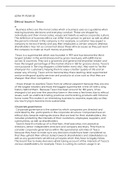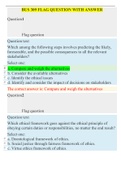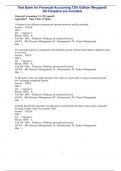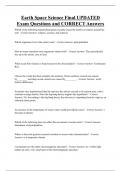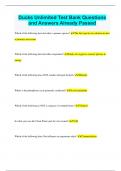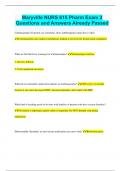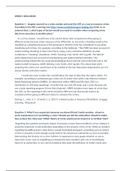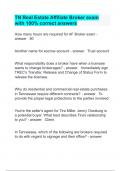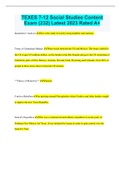Essay
BTEC Business, Unit 37 Understanding Business Ethics, Pass 1, 2, Merit 1, Distinction 1 / P1 P2 M1 D1
- Module
- Institution
This is my assignment for Understanding Business Ethics, Unit 37 Level 3 BTEC Business. This is the work I did to achieve Pass 1 and 2, Merit 1 and Distinction 1.
[Show more]
